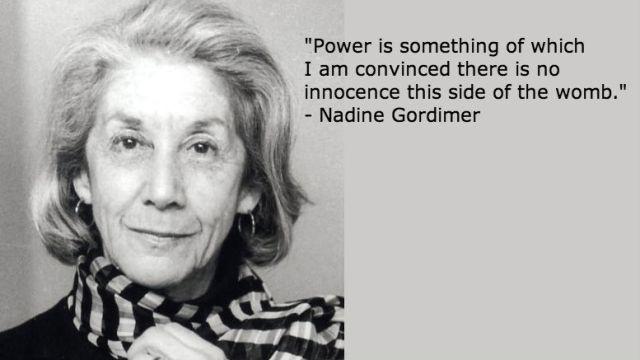This Cat May Have Just Saved Canada. You Won’t Believe How.

Last Friday, Guelph resident Andrew McPherson’s cat, Tutu, appears to have achieved the impossible. Local residents claim their small town will never be the same again, and the future of Canada now seems certain.
Ok, so this article has nothing to do with a mystical cat or the sleepy suburb an hour outside of Toronto, but if you’re reading this, your curiosity was piqued. And there’s good reason.
Part of it is what is now dubbed the Upworthy-style headlines. Started in March 2012 by ex-employees of Move On and The Onion, the viral media site clocked an incredible 87 million unique visitors last month. The site’s headline aesthetic—a mini-story that makes clicking through irresistible—has been cloned by numerous websites attempting to create their own clickbait.
While The Atlantic’s Robinson Meyer recently explained the analytics behind the massive surge in Upworthy’s traffic, what is really interesting is why the titles are so seductive. It all has to do with our SEEKING system.
While not usually considered an emotional system in our brain, Estonian-born American neuroscientist Jak Panksepp argues that SEEKING is a function of the main instinctual-emotional system in humans in The Archaeology of Mind. We need to be in this mode in order to chase a romantic partner, find food, get to work in the morning…even get out of bed in the morning.
While such regular activities seem everyday, it is in this enormous neural pathway—from the midbrain to the Lateral hypothalamus into the medial frontal cortex—that dopamine is released. And without dopamine, we would have no motivation to do anything in life.
Yet what makes this system even more incredible is not that dopamine is released during gratification, but several seconds before we’re gratified. That is, while we’re engaged in seeking, our anticipation of an event—the first sip of beer, the moments before you undress a partner, the build up before the beat drops—forces dopamine to be released.
Relating this pathway to music, Ohio State university music researcher David Huron writes,
As we listen to music our anticipation builds, which generates pleasurable experiences for the listener. When a stimulus is anticipated, a positively-valenced emotional response arises.
This is why disappointment ensues if you’re expecting a beat to drop and it doesn’t—or if you click through an article about nationalistic Canadian cats to find out it has nothing to do with feline life.
The anticipation phase could also help explain the ‘magical’ experience one encounters when engaged in what Hungarian psychology professor Mihály Csíkszentmihályi calls Flow: a runner’s high, being immersed in a novel, any moment when your complete and total reality is present in one focused effort.
When musicians, athletes, actors and chess players describe being in Flow experiences, they claim the impetus for action was not consciously initiated. Their movements seem to flow like a river with no consciousness of how they were moving or acting. Neuroscientist and author Sam Harris says, “This experience has been at the core of human spirituality for millennia.”
The tiny squirts of dopamine we receive when hearing the ding of a text message or seeing a snazzy headline taps into that same anticipatory neural system. If the content matches our expectations, we feel satisfied, and depending on how much it blows us away—Zach Galifianakis Says Everything You Want to Say to Justin Bieber Right to His Face is one great example—we can then feel inspired, outraged and a whole host of other emotions. This is the brilliance of Upworthy: tapping into our ancient neural networks of anticipation and gratification.
Image: Renata Apanaviciene/shutterstock.com





